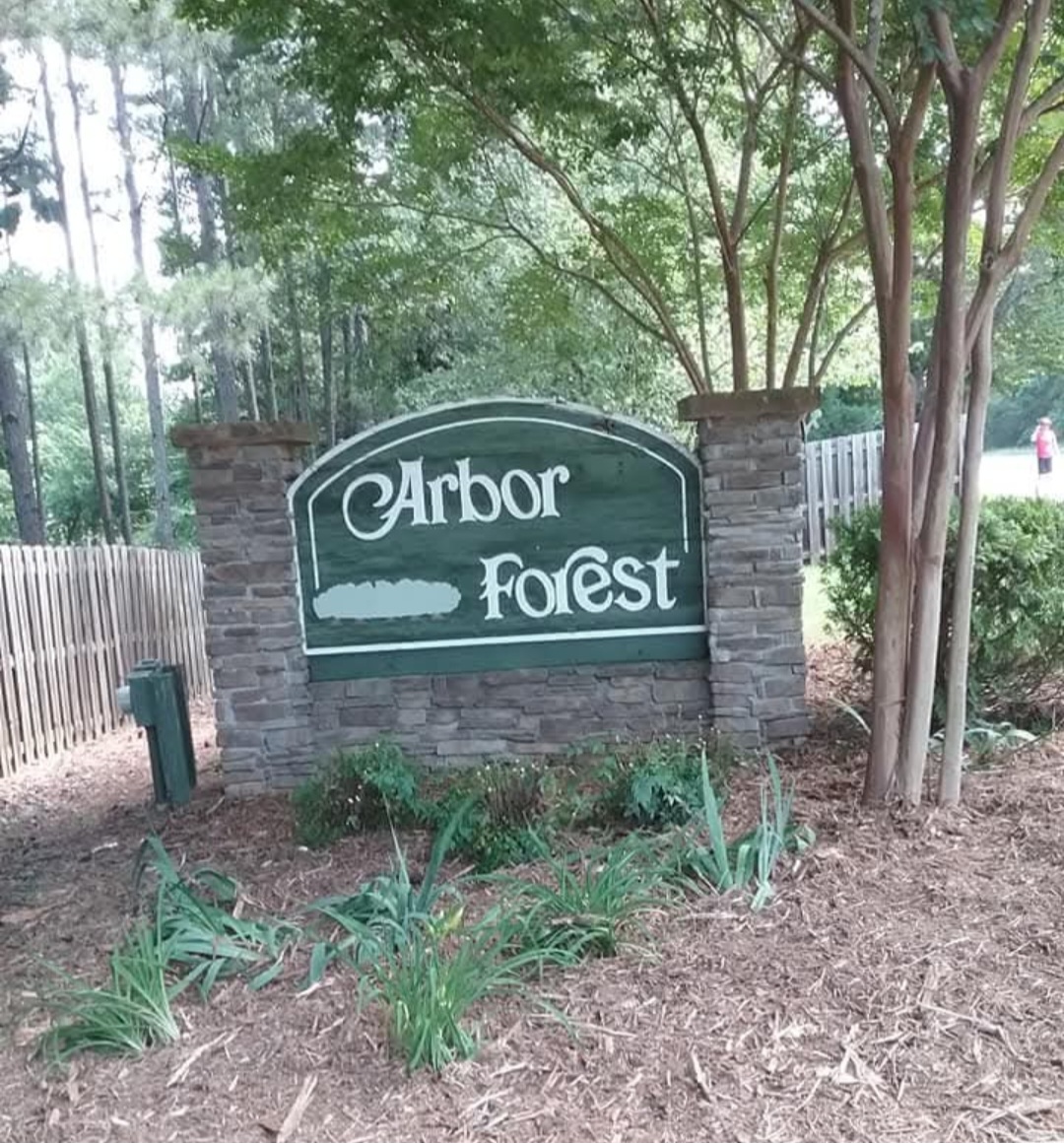Building strong connections within a homeowners association (HOA) is essential for fostering a sense of community, improving communication, and ensuring effective governance. Successful strategies include hosting regular social events to encourage neighbor engagement, maintaining transparent communication through newsletters or online platforms, and creating volunteer committees to involve residents in decision-making. By prioritizing inclusivity, active listening, and collaboration, HOAs can build trust and a more connected, engaged community.
“Coming together is a beginning, staying together is progress, and working together is success.” — Henry Ford
Building strong connections within a homeowners association (HOA) is essential for fostering a sense of community and ensuring effective governance. A well-connected HOA not only improves neighborhood relationships but also enhances cooperation in maintaining shared spaces, enforcing policies, and addressing residents’ concerns.
To foster a sense of community, HOAs can organize social events such as block parties, holiday celebrations, and community clean-up days. These gatherings create opportunities for neighbors to interact in a relaxed setting, strengthening relationships and promoting a welcoming atmosphere. Additionally, establishing digital communication channels—such as email newsletters, social media groups, or HOA websites—ensures that residents stay informed about important updates, events, and initiatives. Open and transparent communication helps build trust and encourages residents to participate in decision-making.
Effective governance requires clear policies, fair enforcement, and active resident involvement. Creating volunteer committees allows homeowners to contribute their skills and perspectives, whether in landscaping, event planning, or budget oversight. Regular HOA meetings, with opportunities for open dialogue and resident feedback, help ensure that the board is responsive to community needs. Additionally, educating homeowners about HOA rules and responsibilities can reduce conflicts and foster a cooperative environment.
By prioritizing inclusivity, transparency, and engagement, HOAs can build stronger connections, leading to a more vibrant, harmonious, and well-managed community.


By prioritizing inclusivity, transparency, and engagement, while also considering different perspectives, HOAs can build stronger connections and create a more harmonious, cooperative, and well-managed community. Encouraging open-minded discussions, actively listening to residents’ concerns, and being willing to compromise when necessary can help ensure that the HOA serves the best interests of all its members.
Wrapping Up with Key Insights
Beyond these efforts, a successful HOA must also consider diverse perspectives, balancing different priorities to create fair and effective policies. By fostering a culture of trust, collaboration, and respect, HOAs can strengthen their communities, promote unity, and create a well-managed, engaged neighborhood that benefits all residents.


Leave a Reply